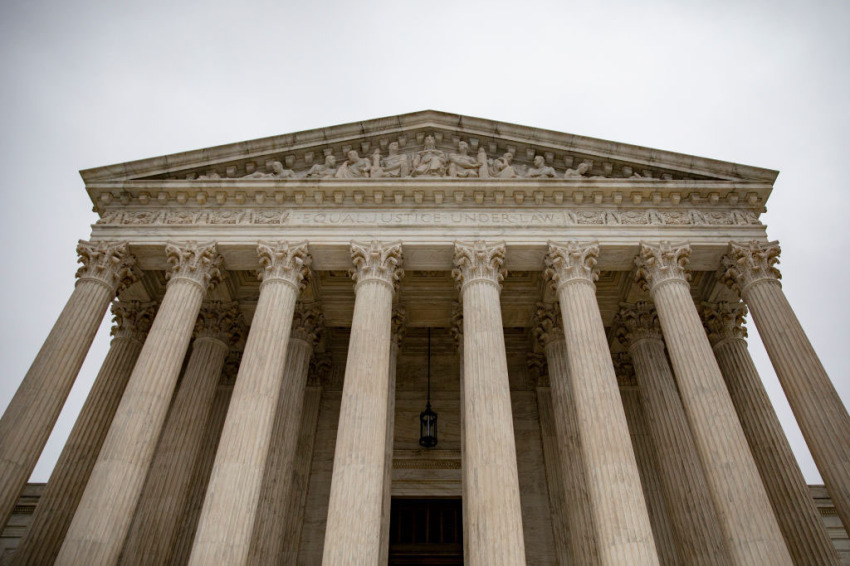Supreme Court vacates ruling against Ind. abortion laws on ultrasound images, parental notification for underage girls

The U.S. Supreme Court has vacated rulings against two Indiana abortion laws, sending the cases back to the appeals court level for review.
In orders issued Thursday, the high court tossed out rulings against Indiana laws requiring abortion clinic staff to show mothers an ultrasound image of their baby before an abortion is scheduled to be performed, and another requiring parental notification before an abortion is performed on an underage girl.
Known as Box, Kristina, et al. v. Planned Parenthood of Indiana & Kentucky, the case will be sent back to the U.S. Court of Appeals for the Seventh Circuit.
The high court cited their recent 5-4 decision in June Medical Services L.L.C. v. Russo, which struck down a Louisiana law requiring abortionists to have admitting privileges at hospitals near their practice so they can assist emergency room doctors when their patient suffers an emergency such as a hemorrhage or a ruptured uterus caused by an abortion.
Planned Parenthood of Indiana and Kentucky, which was represented in part by the ACLU, expressed disappointment in response to the Supreme Court's order.
“These laws are only meant to do one thing, restrict abortion access. Indiana ranks second in the nation for restrictions, and Indiana politicians insist on putting every barrier possible between a pregnant person and their legal health care,” Planned Parenthood Indiana and Kentucky CEO Chris Charbonneau argued. “These laws and others like them have nothing to do with the health and well-being of the patient, and everything to do with the politicization of abortion care.”
Indiana Right to Life President and CEO Mike Fichter said in a statement released Thursday that he was “cautiously optimistic that the ultrasound and parental notification appeals will find success in the Seventh Circuit.”
“We are very thankful for the relentless effort Attorney General Curtis Hill has given to defending Indiana’s pro-life laws in the courts,” he added.
On Monday, the Supreme Court ruled in June Medical Services v. Russo that abortion clinics in Louisiana should not be held to the same basic health and safety standards as ambulatory surgical standards.
Authored by Justice Stephen Breyer, the majority opinion cited the 2016 decision Whole Woman’s Health v. Hellerstedt, which struck down a similar Texas law.
“In this case, we consider the constitutionality of a Louisiana statute, Act 620, that is almost word-for-word identical to Texas’ admitting-privileges law,” wrote Breyer.
“Those findings mirror those made in Whole Woman’s Health in every relevant respect and require the same result. We consequently hold that the Louisiana statute is unconstitutional.”
Justices Clarence Thomas authored one of the dissents to the court decision, saying that the majority was “enjoining a perfectly legitimate state law and doing so without jurisdiction.”
“The Constitution does not constrain the States’ ability to regulate or even prohibit abortion. This Court created the right to abortion based on an amorphous, unwritten right to privacy, which it grounded in the ‘legal fiction’ of substantive due process,” stated Thomas.
“As the origins of this jurisprudence readily demonstrate, the putative right to abortion is a creation that should be undone.”
In the same order list from Thursday, the Supreme Court declined to hear appeals in two cases regarding ordinances over buffer zones around abortion clinic entrances.
Both cases, one in Chicago, Illinois, and the other in Harrisburg, Pennsylvania, involved pro-life activists suing to have the restrictions lifted, only to have courts rule against their efforts.



























